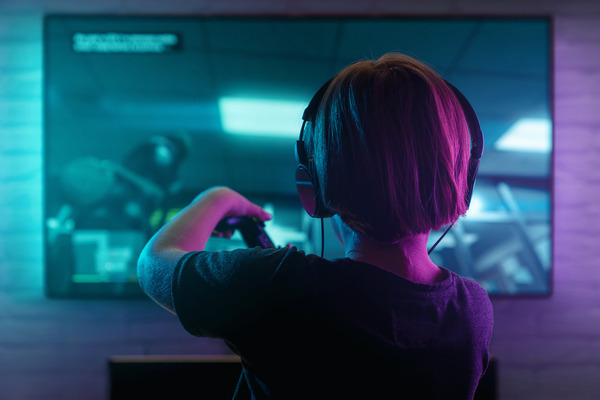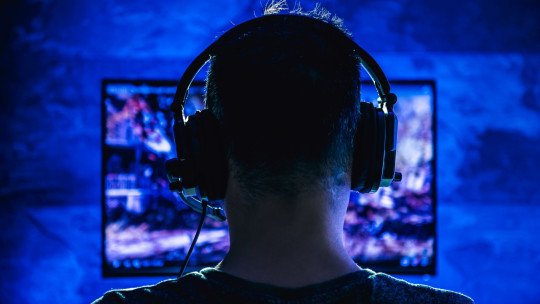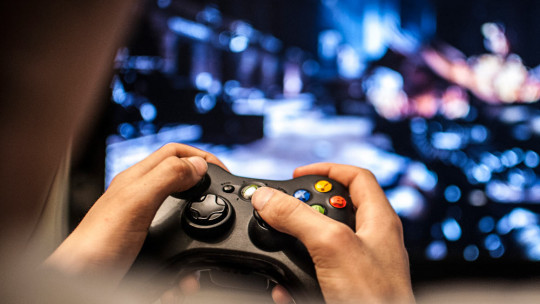
In recent decades, we have witnessed an unprecedented technological revolution. Technology, video games and social networks have profoundly transformed our daily lives, providing countless benefits and conveniences. However, they have also given rise to a new class of modern addictions that are affecting a growing number of people, especially young people.
What is Technology Addiction?
Technology addiction refers to the excessive and compulsive use of electronic devices such as smartphones, tablets, computers, and video game consoles. This type of addiction shares similarities with more traditional addictions, such as substance addiction, in terms of loss of control, interference with daily life, and negative impact on mental and physical health.
Video Games: More than Entertainment
The World Health Organization (WHO) recognized “video game use disorder” as a mental health condition in 2018. This disorder is characterized by a persistent or recurrent pattern of gaming behavior that takes priority over other interests and daily activities. , despite its negative consequences.
The nature of video games, especially multiplayer online games, makes them highly addictive. Video game designers use advanced psychological techniques, such as intermittent rewards, constant progression, and virtual social interaction, to keep players engaged for hours. This form of digital entertainment activates the same reward circuits in the brain as drugs and other addictive behaviors, releasing dopamine and creating a feeling of euphoria that can be difficult to resist..
Social Networks: Digital Social Doping
Social media, such as Instagram, Facebook, TikTok, and Twitter, has revolutionized the way we connect with others, but it has also brought with it a new kind of addiction. Social media addiction is characterized by a constant need to check notifications, post updates, and gain validation from others through likes, comments, and followers.
Social media platforms are designed to capture users’ attention and keep them engaged for as long as possible. The personalized algorithms, constant notifications and instant gratification offered by these media can lead to compulsive use. This addiction is linked to several mental health problems, such as anxiety, depression, and decreased self-esteem, especially among adolescents.

The Neurobiological Impact
From a neuroscientific perspective, modern addictions activate the same brain regions as traditional addictions, particularly the reward system, which includes the nucleus accumbens and prefrontal areas. Dopamine release plays a central role in the formation of addictions, reinforcing behaviors that are pleasurable in the short term, but potentially destructive in the long term.
Excessive use of technology, video games and social media can alter brain structure and function, especially in young people whose brains are still developing. Studies have shown that prolonged exposure to these activities can lead to changes in the gray and white matter of the brain, affecting memory, attention, and impulse control.
The treatment
Modern addictions have significant consequences. At an individual level, they can lead to social isolation, deterioration of personal relationships, poor academic or work performance, and health problems such as obesity and sleep disorders. On a collective level, these addictions are changing the way we interact, communicate, and form our identities.
The most effective therapies for treating technology, video game, and social media addictions typically focus on changing behavioral patterns and addressing the underlying factors that contribute to the addiction.. Here I mention some of the most used therapies with the best results:
1. Cognitive-Behavioral Therapy (CBT)
CBT is one of the most effective therapies for treating behavioral addictions. It focuses on identifying and modifying negative thoughts and behaviors that contribute to addiction. Patients learn to recognize the triggers of their addictive behavior and develop strategies to cope with them in a healthier way. It has been shown to be especially useful for adolescents and young adults, helping to reduce compulsive technology use and improve impulse control.

2. Acceptance and Commitment Therapy (ACT)
ACT focuses on helping individuals accept their thoughts and emotions without judgment, and commit to behavioral changes aligned with their personal values. This therapy is useful in reducing the internal struggle that often accompanies addiction and in encouraging more conscious use of technology.. It is particularly helpful for people experiencing high levels of stress or anxiety related to their addiction.
3. Family Therapy
For adolescents, family therapy can be crucial as it involves family members in the treatment process. This helps address family factors that may be contributing to addiction and strengthen support at home. Improves family dynamics and ensures a supportive environment that promotes positive change.
4. Mindfulness and Full Consciousness-Based Therapy
Mindfulness practices help patients develop greater awareness of their thoughts and behaviors in the present moment. This therapy may reduce compulsive technology use by increasing individuals’ ability to resist impulses.. Beneficial for reducing emotional reactivity and improving self-regulation.
Conclusions
These therapies can be used individually or in combination, depending on the patient’s specific needs. The choice of the most appropriate treatment is usually based on a thorough evaluation of the person, considering factors such as the severity of the addiction, the family and social context, and the presence of other mental health conditions. A personalized approach is key to success in treating these modern addictions.








